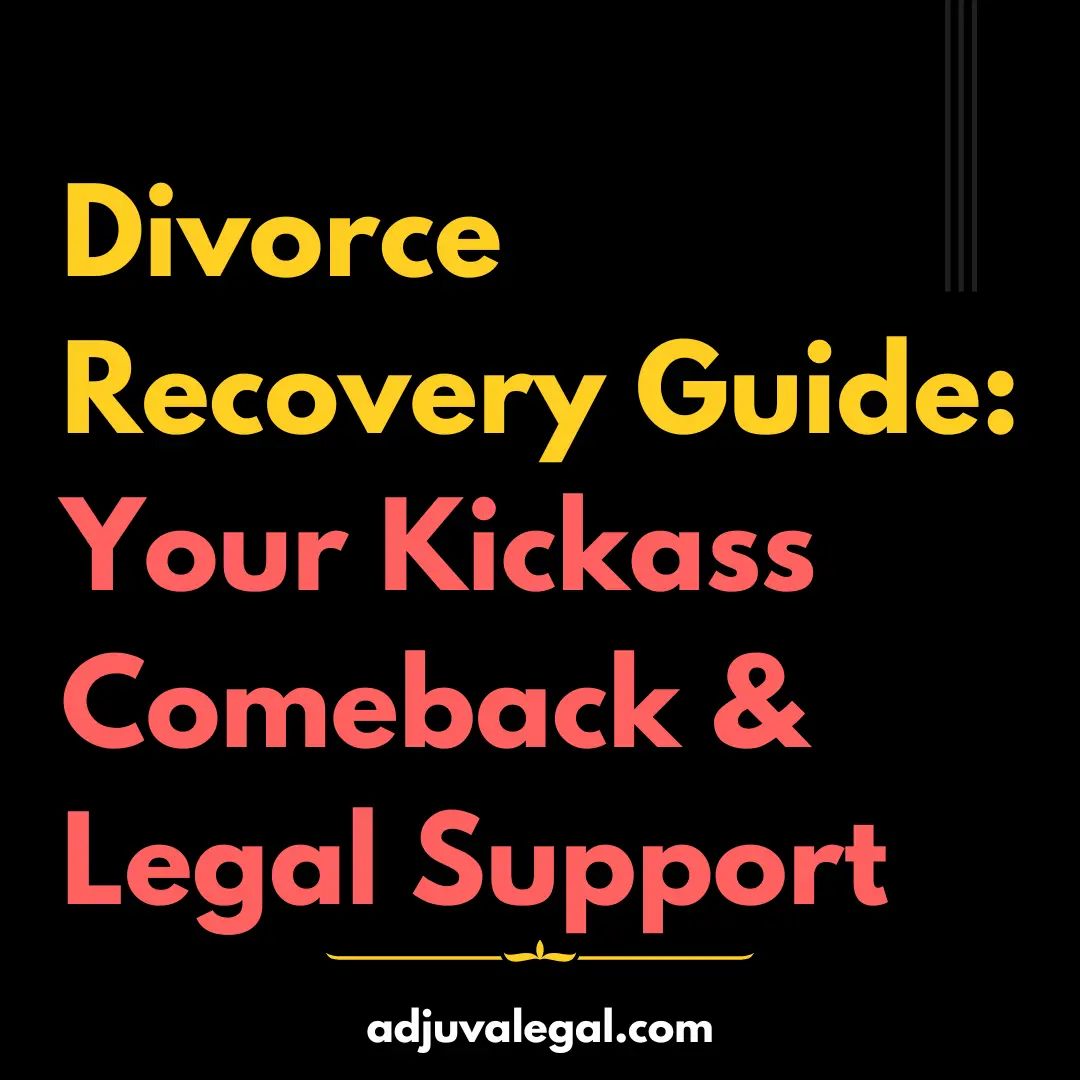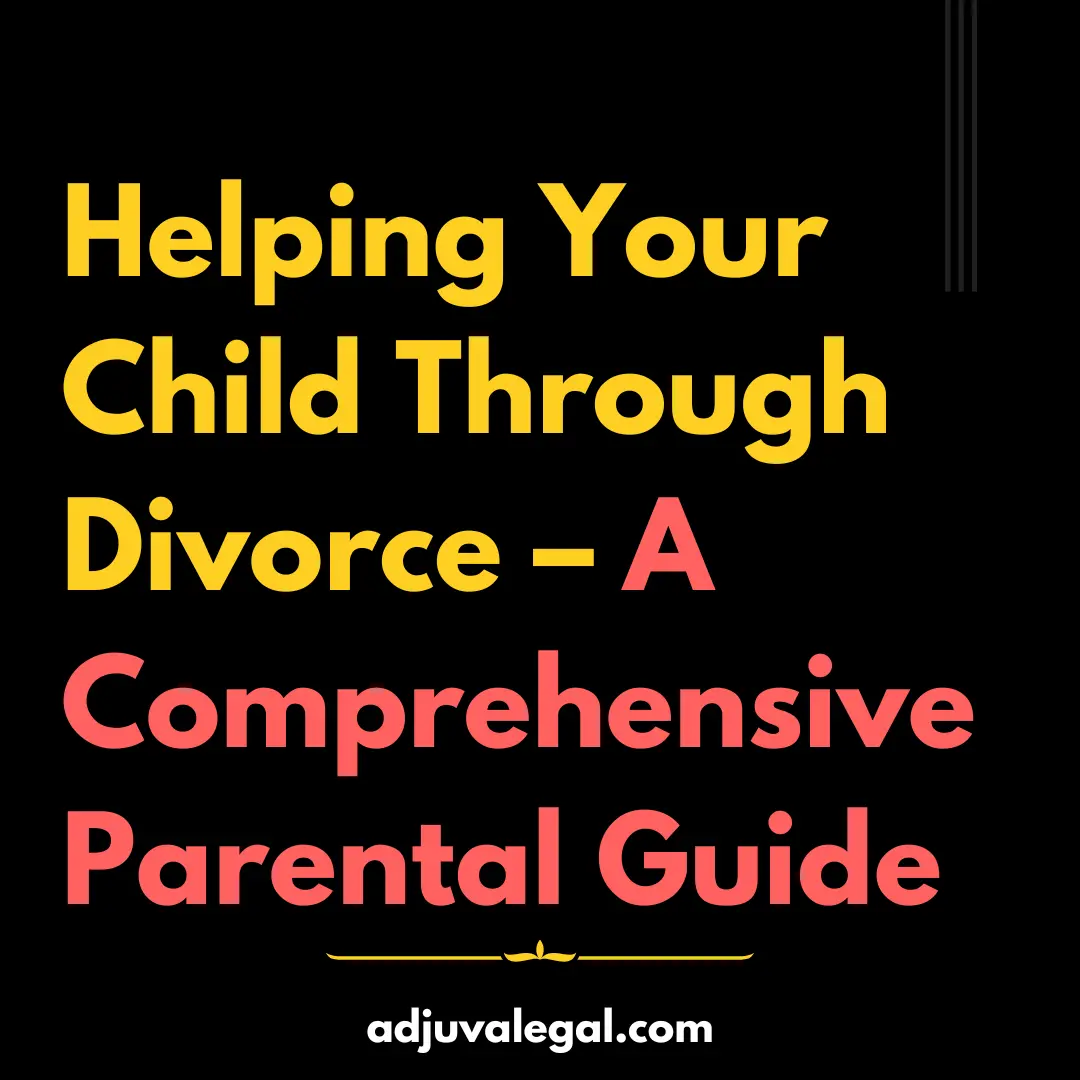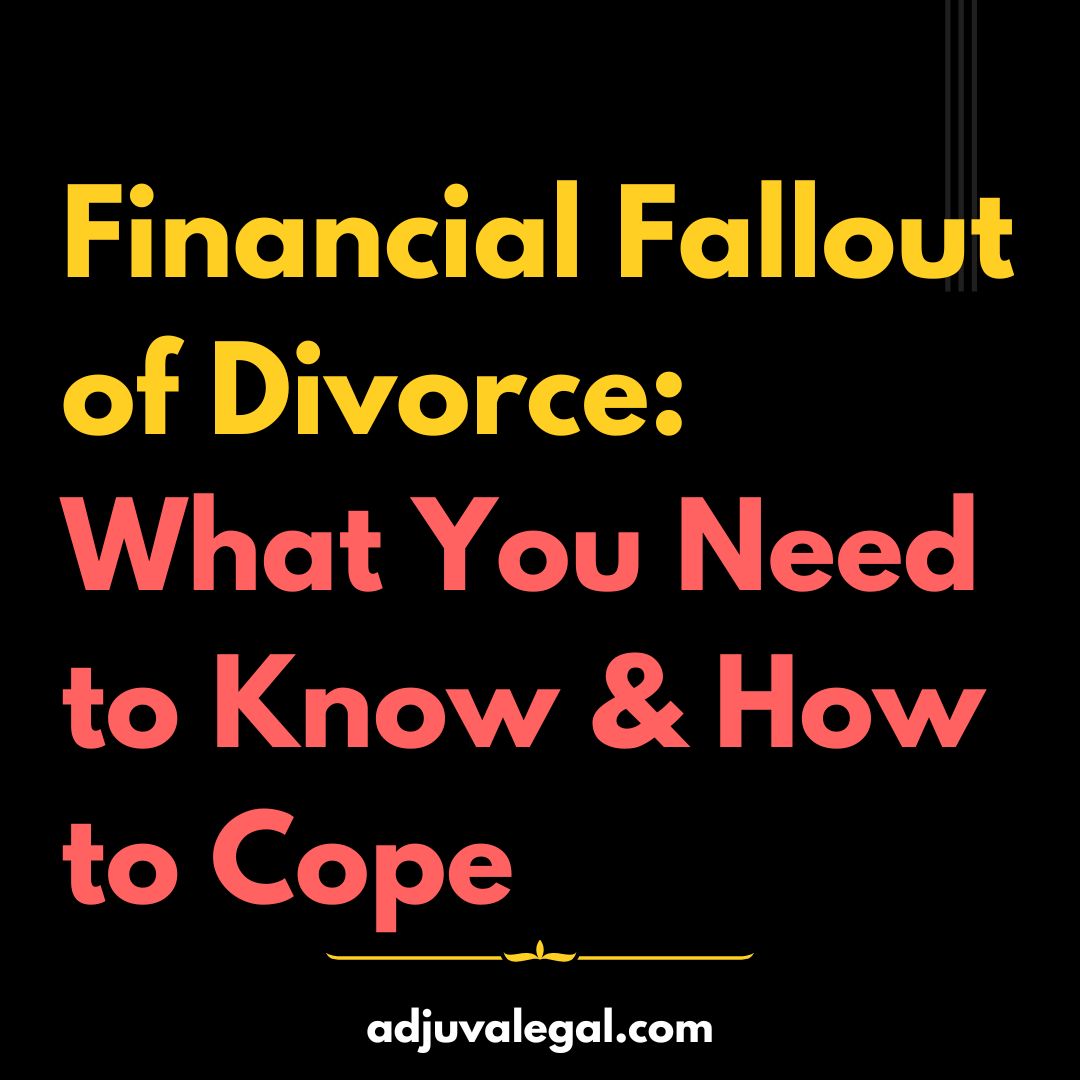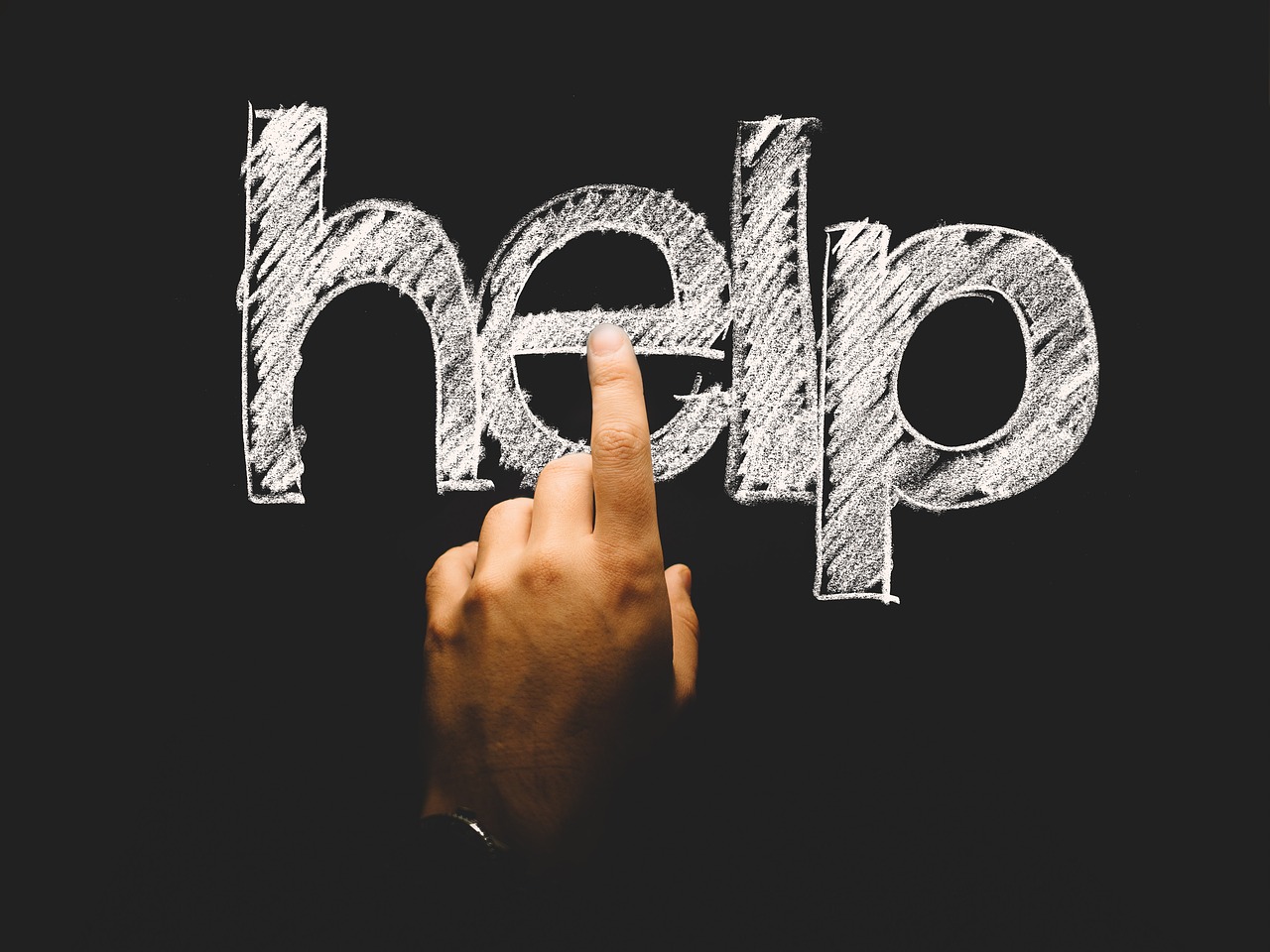Prosenjit Chatterjee: The Man Behind the Actor
Prosenjit Chatterjee is a renowned Indian actor who has made significant contributions to the world of cinema, particularly in the Bengali film industry.
Known for his versatility and powerful performances, Chatterjee has garnered immense respect and admiration from both critics and audiences alike.
Despite his fame and success, he too has faced his share of personal struggles, most notably the emotional turmoil that followed his divorce.
Personal Life and Divorce Struggles
Chatterjee’s divorce from his first wife, Debashree Roy, was a challenging period in his life.
The relationship’s dissolution took a significant toll on him, both emotionally and mentally.
It led him to isolate himself in his flat for three years, as he grappled with the pain and stress that accompanied the divorce.
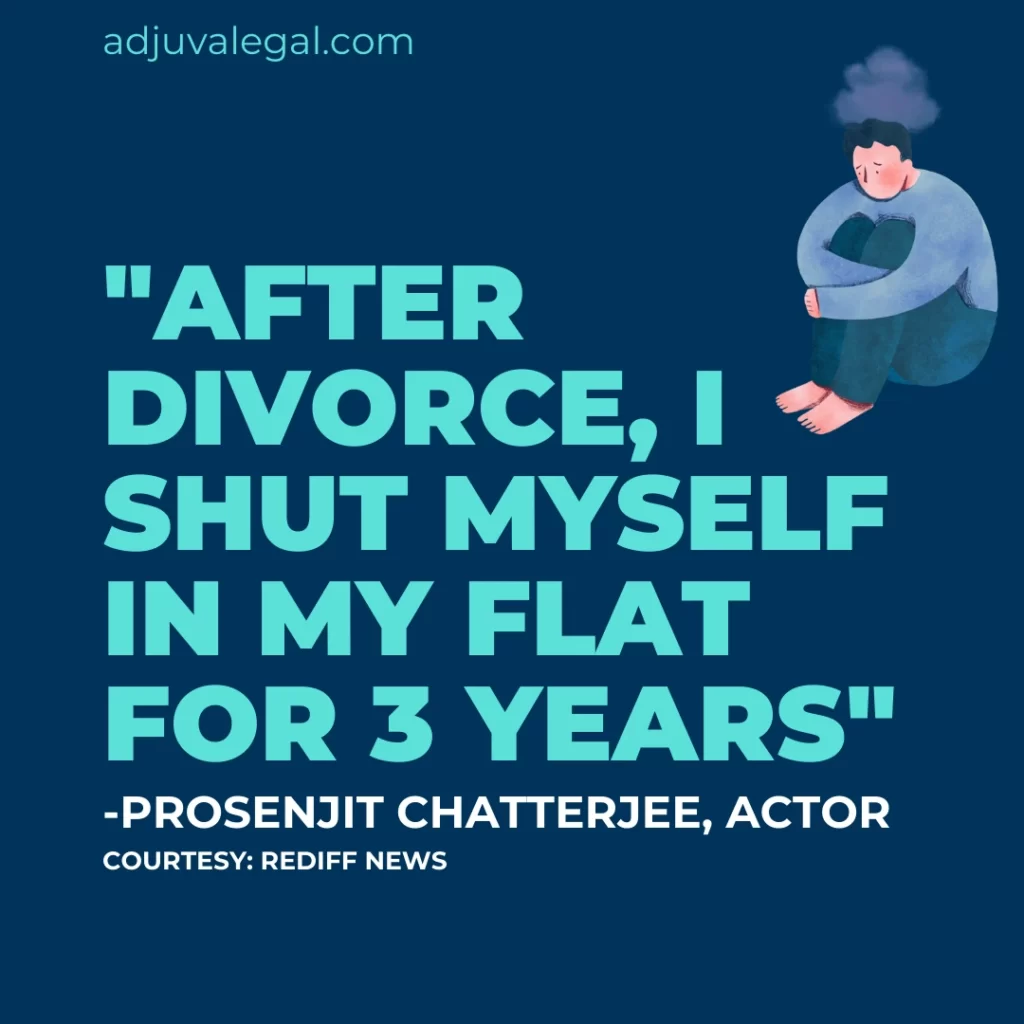
The Dark Phase: Three Years of Isolation
Emotional Turmoil and Mental Health
Chatterjee’s three-year isolation is a testament to the immense emotional distress that many individuals experience during and after a divorce. The feelings of loss, sadness, guilt, and anger can be overwhelming and can impact a person’s mental health significantly.
In Chatterjee’s case, this dark phase allowed him to confront his emotions and seek the help he needed to heal.
Just like Prosenjit, many of us face tough times in life, but there’s always hope for a better tomorrow.
Finding Support and Healing
It was during this period of isolation that Chatterjee sought support from his loved ones and professional help to cope with his emotions. He gradually overcame the pain and began to rebuild his life, eventually stepping back into the limelight and resuming his acting career.
Life might throw curveballs like divorce our way, but as Prosenjit proved, we can always bounce back.
Coping Strategies for Dealing with Divorce and Mental Stress
Divorce is a difficult life event that can trigger feelings of grief, anger, and anxiety. Here are some coping strategies to help you manage the emotional and mental stress that often accompanies the end of a marriage:
Acknowledge Your Feelings
Allow yourself to feel the emotions that arise during and after the divorce process.
It is essential to accept these feelings as a natural part of the healing process.
Divorce can be a dark tunnel, but as Prosenjit’s journey shows, there’s light at the end of it.
Seek Professional Help
Don’t hesitate to seek therapy or counselling to help you navigate the emotional and mental challenges that come with divorce.
A mental health professional can provide guidance, support, and tools to manage your feelings effectively.
Build a Support System
Reach out to friends, family, or support groups that can provide a listening ear, encouragement, and understanding during this difficult time.
Surround yourself with people who uplift and care for you, as this can significantly impact your healing journey.
Rediscover Yourself
Divorce can provide an opportunity to rediscover your interests, passions, and goals.
Invest time in nurturing your hobbies, learning new skills, and pursuing personal growth. This self-exploration can lead to a renewed sense of purpose and self-worth.
If Prosenjit’s journey teaches us anything, it’s that every cloud has a silver lining, even in the most challenging moments.
Develop Healthy Habits
Prioritize self-care and establish routines that promote physical, emotional, and mental well-being. Engage in regular exercise, eat a balanced diet, and maintain a healthy sleep schedule.
These habits can help improve your mood and provide the energy needed to navigate this challenging phase.
Set Boundaries and Focus on the Future
Setting boundaries with your ex-spouse can help create a healthier dynamic and prevent additional stress.
Communicate your needs and limits respectfully and assertively.
Focus on the future and the possibilities it holds, rather than living on the past.
Turning Pain into Strength: Prosenjit’s Comeback
Career Revival
After three years of isolation, Prosenjit Chatterjee emerged stronger, more resilient and more focused.
He resumed his acting career, delivering remarkable performances and earning praise from both critics and fans.
His determination and persistence serve as an inspiration to others facing similar struggles.
Prosenjit’s resilience is an inspiration for all of us – because just like him, we too can overcome life’s obstacles.
Helping Others Through His Experiences
Chatterjee’s willingness to share his story highlights the importance of discussing mental health openly and honestly.
By speaking about his personal journey, he offers hope and encouragement to those dealing with divorce and emotional turmoil, reminding them that healing is possible.
Let Prosenjit’s journey serve as a reminder that no matter how tough things get, there’s always a way to rise above the challenges.
Conclusion
Prosenjit Chatterjee’s experience serves as a powerful reminder of the emotional and mental toll that divorce can take on an individual.
By employing coping strategies such as seeking professional help, building a support system, and focusing on self-care, one can navigate the challenges that come with the end of a marriage.
Chatterjee’s journey teaches us that it is possible to emerge from the pain and darkness of divorce, stronger and more resilient than before.
Important lessons from Prosenjit Chatterjee’s story for coping with divorce:
- Mental health struggles can happen to anyone: Chatterjee’s story serves as a reminder that mental health issues do not discriminate and can affect anyone, regardless of their social or economic status.
- It’s okay to seek help: Chatterjee’s honesty about seeking professional help for his depression shows that there is no shame in seeking support when we are struggling.
- Coping mechanisms differ for everyone: While Chatterjee took the approach of isolating himself for three years, it’s important to note that coping mechanisms differ for everyone. What works for one person may not work for another, and that’s okay.
- Breaking the stigma: Chatterjee’s willingness to share his struggle with the public helps to break the stigma surrounding mental health issues. It encourages open and honest conversations about mental health, which is essential to creating a supportive and understanding society.
- Prioritizing emotional well-being: Chatterjee’s story reminds us of the importance of prioritizing our emotional well-being. It’s crucial to take care of ourselves mentally and emotionally, just as we do physically.
Author – Saket Sambhav, Co-founder, Adjuva Legal.
Disclaimer: The opinions expressed within this article are the personal opinions of the author. The facts and opinions appearing in the article do not reflect the views of Adjuva Legal and Adjuva Legal does not assume any responsibility or liability for the same.


